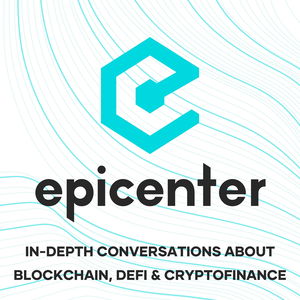

Dela
Podden och tillhörande omslagsbild på den här sidan tillhör
Epicenter Media Ltd.. Innehållet i podden är skapat av Epicenter Media Ltd. och inte av,
eller tillsammans med, Poddtoppen.